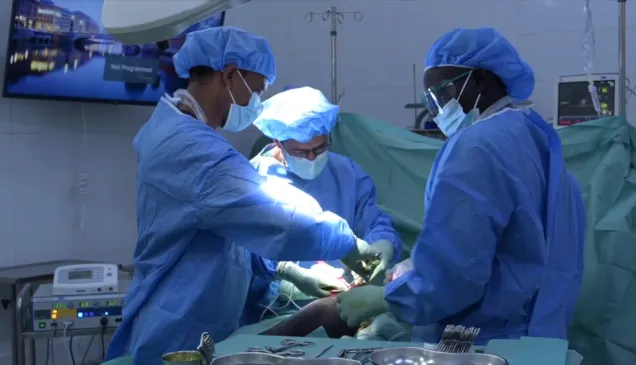South Sudan: Detainees lose vital support as families flee violence and food insecurity
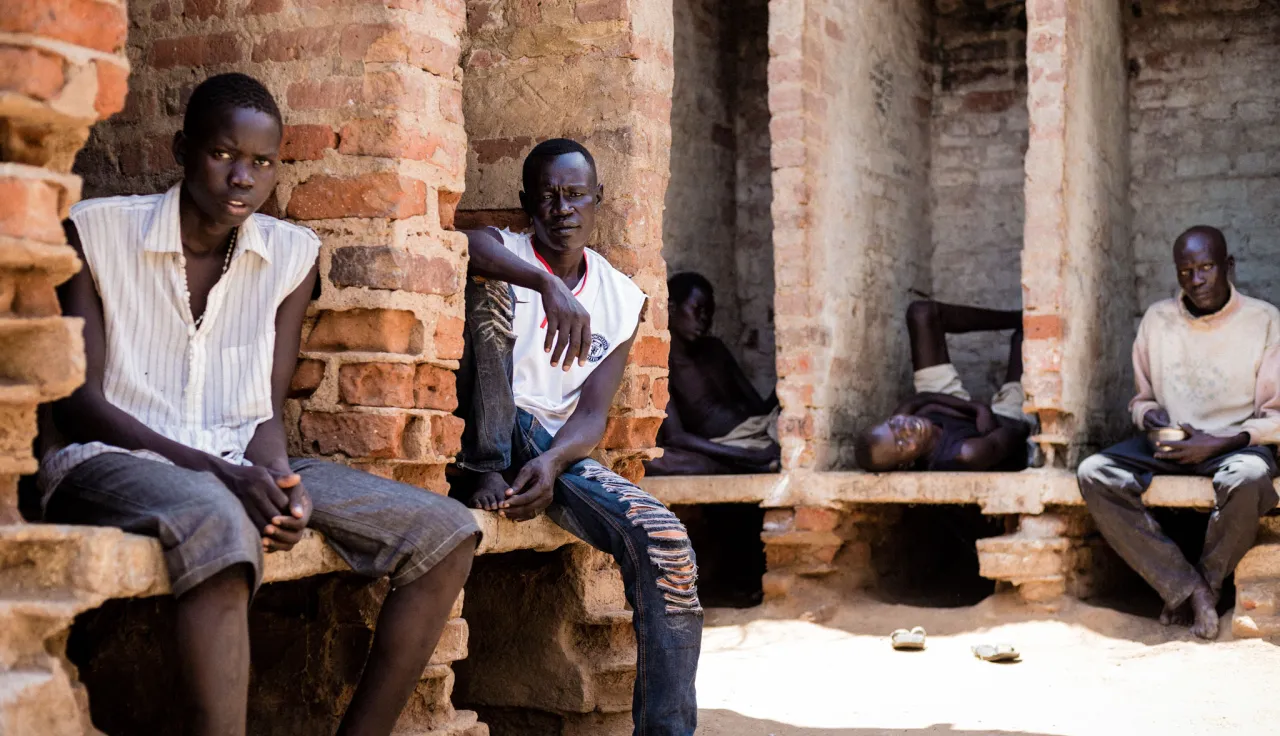
Isolation and dependence makes people deprived of their liberty extremely vulnerable. At the same time, in most countries, prisons are rarely a priority and financial resources allocated to them are often scarce. In South Sudan this situation has been exacerbated by years of armed conflict and severe economic crisis.
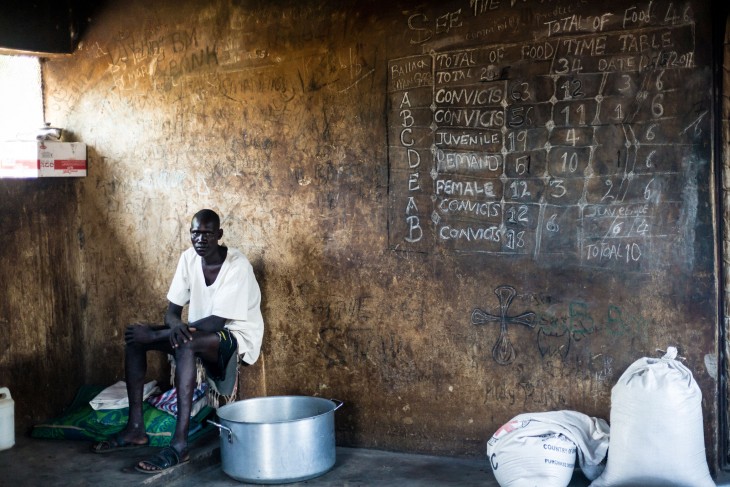
Prisoners rely on their relatives for food. But the country is facing a food crisis and many families are no longer able to support their detained kin. In some prisons ICRC provides direct food assistance to complement prison rations and prevent malnutrition. CC BY-NC-ND / ICRC / Alyona Synenko
Most detainees here rely on their families for essentials like additional food, soap and clothes. However, thousands of people continue to flee their homes, sometimes across borders to escape violence, while others struggle with the current food crisis. At the same time, many roads are cut by frontlines and become too dangerous to travel. This means that many families are no longer able to support their relatives in prison and detainees lose a vital lifeline, becoming more isolated than ever.
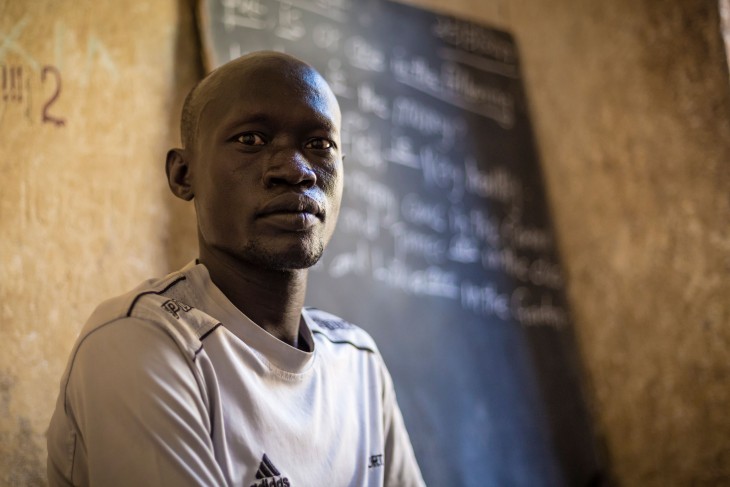
Sebastian used to be a school teacher. He now gives English classes to his fellow inmates. "My village is far away and my relatives never come to visit because of the insecurity on the road." CC BY-NC-ND / ICRC / Alyona Synenko
The ICRC works in places of detention to monitor the treatment and living conditions of detainees and respond to the most urgent humanitarian needs. It focuses on enhancing the dignity of detainees and supports the authorities to overcome the many challenges they face in attempting to cover the basic needs of those under their care, including when it comes to food, water and sanitation, and medical care. It also ensures detainees can maintain contact with their families during their imprisonment.
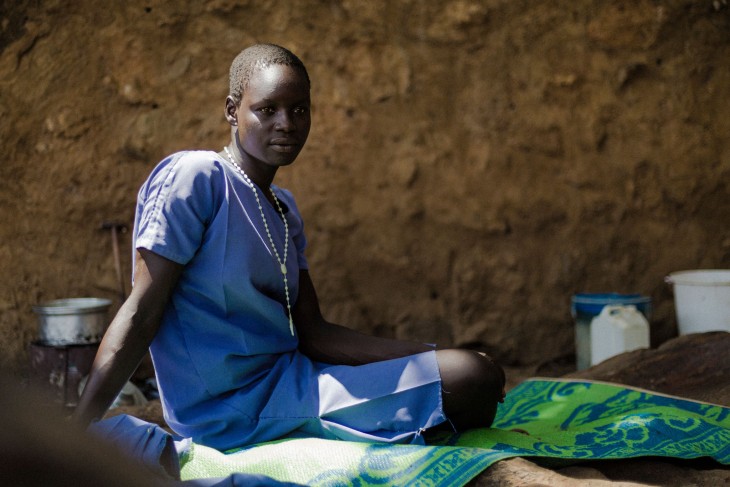
Stella, 19: "I used to borrow a phone and call one of our neighbors to get news from my family. But since all of them fled to Uganda I have no way of contacting them and don't know where they are. I am afraid of the day I will be released. I don't know where to go and I don't know what to do. It is dangerous for a young girl to be on her own." CC BY-NC-ND / ICRC / Alyona Synenko
ICRC activities include direct support to the authorities in favor of detainees, with food and hygiene items, the repair of essential infrastructure like water and sewage systems, the improvement of prison clinics and kitchens, and the provision of medical supplies. At the same time, it works closely with detaining authorities on long term solutions, providing guidance on the management of detention facilities to make the most of available resources, and assisting them to liaise with other actors able to offer additional support.
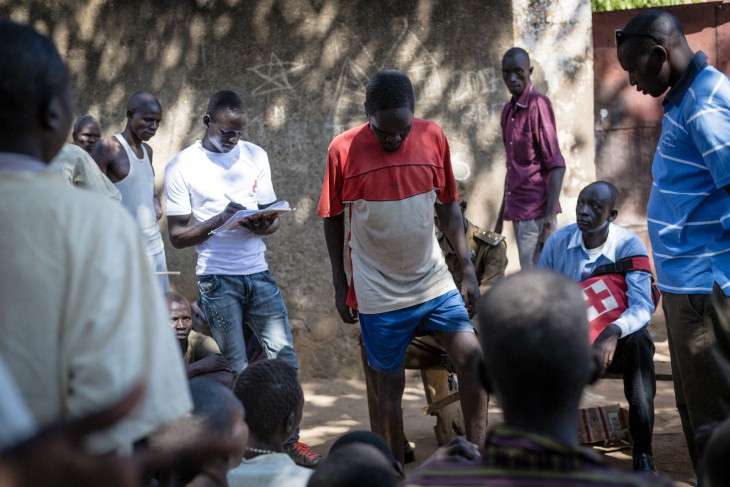
The ICRC and South Sudanese Red Cross staff weigh detainees to monitor malnutrition. Prisoners suffering from malnutrition receive feeding products. CC BY-NC-ND / ICRC / Alyona Synenko



